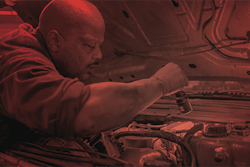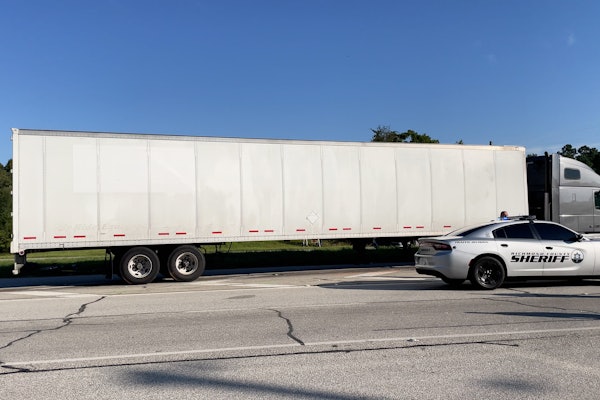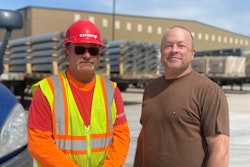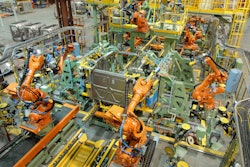Thomas Edison invented the light bulb, but it was not this and other singular innovations that separated him from contemporaries. Edison appreciated the value of a system. He built the nation’s first electrical distribution network through General Electric, which opened a new economy for electric-powered devices.
Joseph Salvo, Ph.D., also appreciates the value of a system. Salvo is the manager of the Pervasive Decisioning Systems Laboratory at the GE Global Research Center in Niskayuna, N.Y.
To describe “pervasive decisioning systems” to the average person, Salvo refers to a natural phenomenon called swarm intelligence. The ant is barely a “conscious” creature, but a swarm of ants can respond to its environment in very sophisticated ways. Ant swarms can cross streams, deforest huge areas, and organize large, underground colonies.
“The system of ants is very powerful,” he says. Evolution did not favor ants with the biggest brains or the most memory. It selected them for survival of the fittest. What, then, do ant swarms have in common with complex decisions in transportation and logistics? Plenty, Salvo says.
We have left the Information Age and entered the Systems Age. In the Systems Age, everyone is drowning in data. Digital content is so pervasive and so inexpensive, and storage is so cheap. Instead of throwing content away, we often become paralyzed by it, he says.
In this new age, the concept of the physical object is gone, and so is the value of content and data alone. We operate in a “knowledge economy,” where value is gained by what you create in the virtual space. Several years ago, for instance, the value of a cell phone was equal to its value as an object – a phone. Today, the value includes a calculator, calendar, media entertainment center, translator and more.
“People are spending thousands a month on a device that used to be a phone, and they can justify it,” Salvo says. “It went from being a box to a brain.”
GE’s Asset Intelligence solutions, which include the VeriWise Trucking system for trailers, are following a similar evolution, he says. The trailer is no longer a box: VeriWise is the “brain” of the trailer. It gives the object a form of artificial consciousness. The device knows where it is through GPS. It becomes aware of its environment – its friends and its foes – by using sensors that detect the status of tire pressure, doors, cargo, temperature, etc.
“You have to have data processing at the edge of the network, not just throwing data back to a central box,” he says.
In the near future, Salvo says VeriWise will have “system consciousness.” Trailers will form a community by interacting with loading docks or communicating with other trailers via cellular and Bluetooth communications. The trailer will recognize itself and the objects on its team, as well as recognize the competition. The trailer only shares information with objects it trusts.
Moving up another level in system hierarchy, trailers are connected to the VeriWise information platform through wide-area cellular and satellite networks. The VeriWise information platform is connected to a fleet’s various information and real-time decision systems.
“The bottom line is that we will allow individuals to make very quick decisions that lead to value, which are normally left on the table or on the road,” Salvo says. The strategy of pervasive decisioning systems is to automate manual decision processes, such as using spreadsheets, and let machines take over, Salvo says. “If everything goes well, the objects themselves will figure it out.”
Today, the total number of assets (trailers and rail cars) in the GE VeriWise network or “swarm” is approximately 200,000. As the network continues to grow, its momentum will help customers find opportunities in new markets to create “value pools” that no one has imagined yet, Salvo says.
“One of the critical features of getting systems to have value is that you’ve got to have critical mass,” Salvo says. With critical mass, GE is finding more unique and novel ways to analyze the information from its large network by using advanced statistics, data mining and simulation techniques. Its customers – fleets and shippers – can tap into its team of Ph.D. researchers to build their own systems and reports to make optimal decisions on pricing, trailer pools, freight inventories, etc.
The VeriWise network of trailers and rail cars is just one of several pervasive decisioning systems that Salvo is leading the development of.
“We are monitoring airplanes, trains, and just about everything we make. It is natural for us to embrace this space. We are a systems company,” he says. “This globalization, this traffic, this data stream is just getting started.”








